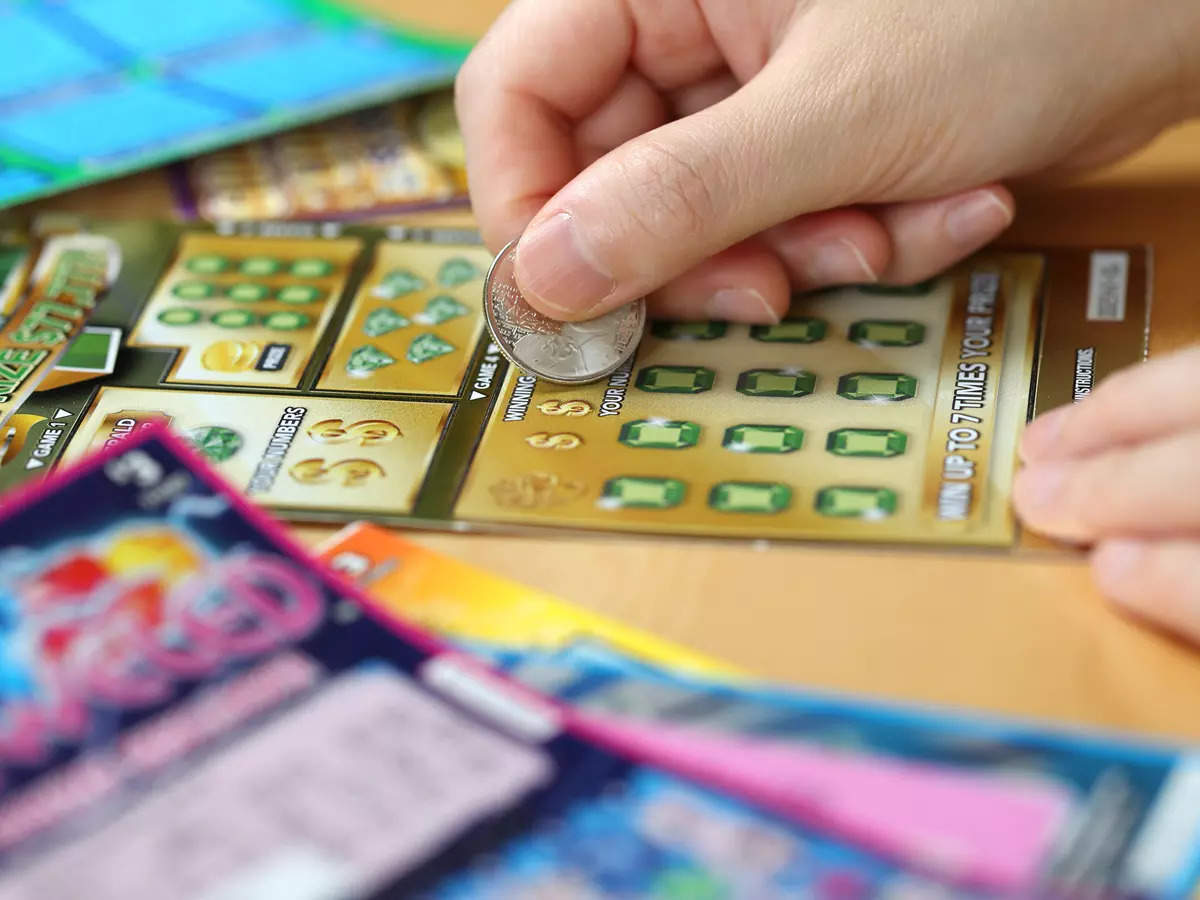
A lottery is a gambling game where winning prizes depends on chance. Governments sometimes organize lotteries to raise money for public charitable purposes. People pay a small price to buy tickets and have a chance to win a large sum of money, often in the millions of dollars. Lottery profits are also often used to fund a variety of other public services, from subsidized housing units to kindergarten placements.
The word lottery derives from the Dutch noun “lot” meaning fate or destiny, and it dates back to the 17th century. During the 1700s, European lotteries were popular and viewed as painless forms of taxation. They raised funds for everything from building the British Museum to supplying a battery of guns to defend Philadelphia and rebuilding Faneuil Hall in Boston. https://www.pekingtokyoonline.com/
Today, the lottery is a national fixture in which Americans spend $100 billion per year. Many states promote lotteries, which have become the country’s most popular form of gambling, to increase revenue and improve government budgets. The popularity of the lottery reflects an inextricable human impulse to gamble and a belief that there’s always a sliver of hope that we’ll be the one to hit it big.
But the fact is, most people don’t win. And the odds are much, much worse than we realize. While the prize amounts in the major lotteries are staggering, they don’t reflect the reality of what it takes to actually win. The real odds are that you’ll lose 98 percent of the time.
While a small number of players do win, the majority lose and the costs to state governments are considerable. Lottery games aren’t the biggest cause of state debt, but they do contribute to it. State legislators should be careful about promoting the lottery to raise revenue and ensure they are spending the money wisely.
If we’re not careful, the state could end up with a lot of debt and little else to show for it. The best way to protect against this is for the state to rely on other sources of revenue, such as income taxes and sales tax, to supplement its lottery revenues.
A better way to think about the odds of winning a lottery is that it’s not just about how many balls you pick, but what those numbers mean in terms of overall probability. It’s important that each lottery set its odds appropriately to balance the number of people who play and the size of the prize. If the prize is too big, it can lead to a quick payout and a decrease in ticket sales. Alternatively, if the odds are too high, the prize pool won’t grow and it will be difficult to attract new participants. It’s a delicate balancing act that requires constant attention and adjustment. To help achieve this, some states have increased or decreased the number of balls in order to alter the odds and encourage more people to play. This is a great article to share with kids & teens as part of your financial literacy curriculum.